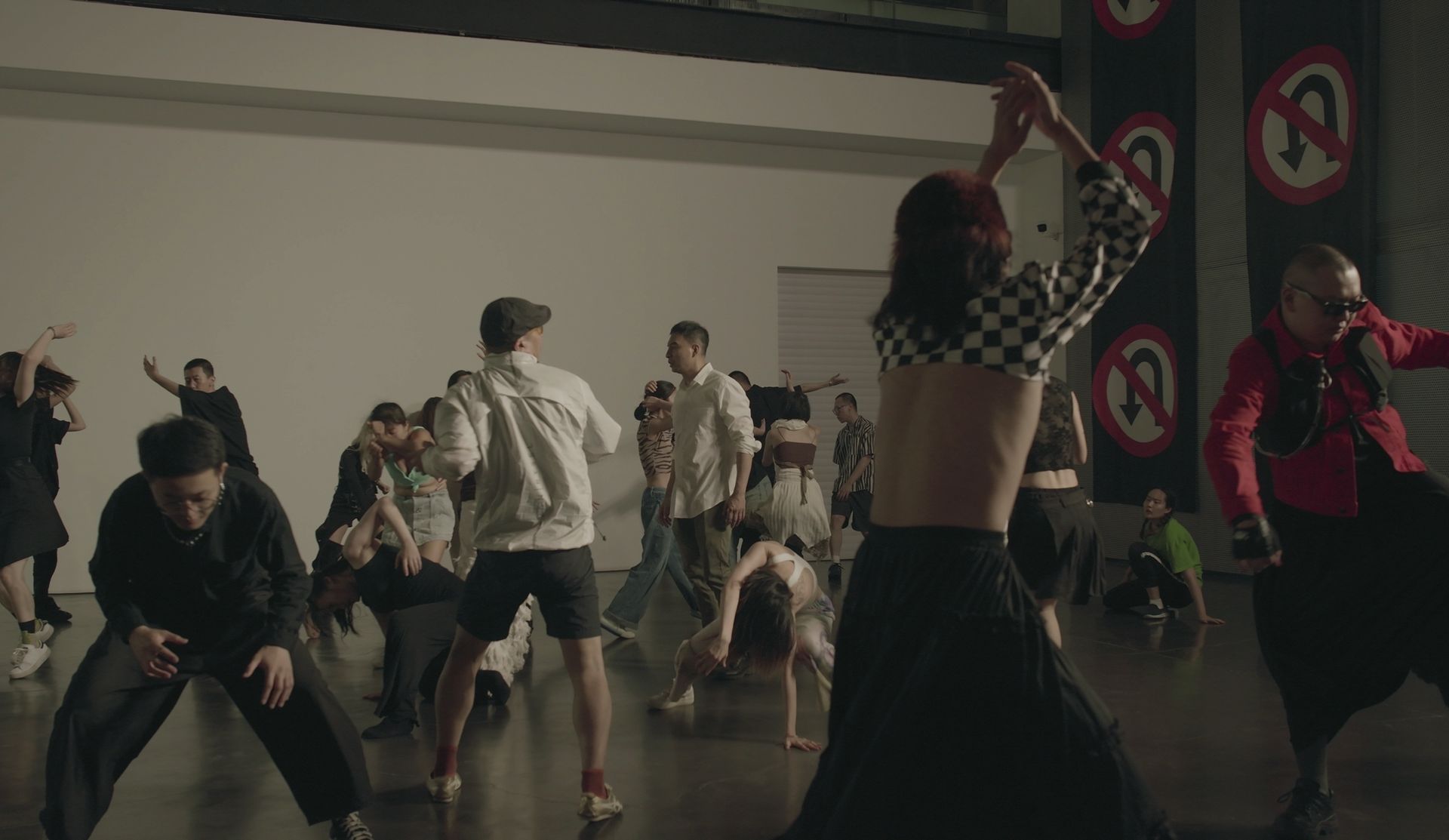ENVIRONMENT
007: Who is Paul Watson and why was he arrested?
The Whaling Moratorium
and a little history
August 2024

©Tim Woolliscroft
The environmental activist and whale conservationist Paul Watson was too radical for Greenpeace and founded two animal protection organisations of his own in the course of his life. He was arrested in Greenland on 21 July on an international arrest warrant based on an indictment from Japan. As of today, no decision has been made on his extradition to Japan and he remains in custody. Sea Shepherd founder Watson has been campaigning against the whaling industry for decades - often using controversial methods. His arrest caused a worldwide storm of indignation. If you would like to sign the #FreePaulWatson petition to the Danish government, go to freepaulwatson.org.
‘Hero of the Twentieth Century’
Recognition of PaulWatson
Watson initially worked for the Canadian Coast Guard at the end of the 1960s. He later studied communications and linguistics in British Columbia. He later lectured at universities all over the world and was Professor of Ecology at the Art Centre College of Design in Pasadena, California, from 1990 to 1994. Together with Robert Hunter, Time magazine named him a ‘Hero of the Twentieth Century’ in 2000. The Independent named Watson one of the ten most important eco-warriors among the ‘Defenders of the Earth’ and The Guardian chose Watson as one of the 50 people who could save the planet (Wikipedia).
007
1971 is the founding date of Greenpeace and Watson's membership number is 007. In the early 1970s, Watson joined the Don't Make a Wave Committee peace movement, which was trying to prevent an American nuclear bomb test off the Aleutian Island of Amchitka that year. Watson took command of the ship due to his naval experience. The nuclear bomb test could not be prevented, but was the starting point for Greenpeace. The Canadian journalist and later politician Robert Hunter chose 000 as his membership number, and so Watson was given 007.
In 1975, Watson sought confrontation with a Soviet whaling fleet for the first time. They are said to have tried to position themselves between a Soviet ship with its harpoon and the whales. According to Watson, he decided from that moment on to risk his life to protect the whales and other sea creatures.
Separation from Greenpeace
During a protest against the seal hunt on the ice off Canada's coast in 1977, a violent incident is said to have occurred, whereupon Watson left Greenpeace. Watson is said to have thrown the captured pelts and a seal hunter's club into the water.
Founding of the Sea Shepherd Conservation Society
In 1978, the Sea Shepherd Conservation Society, founded by Watson, acquired its first ship. They worked with aggressive methods, allegedly with the commandment not to harm humans. Watson's ships rammed whaling ships and threw butyric acid on them to make the fish inedible. In another action, the crew sprayed over 1000 seals with a biological dye to make their fur worthless to the seal hunters.
TV star despite controversy
Whale Wars, which premiered in 2008, is a good illustration of Watson's commitment. The series is said to have earned Animal Planet in the USA the highest viewing figures in the channel's history. Sea Shepherd, meanwhile, took a hard line. In an article in the New Yorker in 2007, Watson claimed that his group had successfully sunk 10 ships in the harbour.
Greenpeace, on the other hand, labelled Watson a ‘violent extremist and eco-terrorist’ because of his methods and announced that it would no longer comment on Watson's activities.
In 2005 and 2006, Watson's group is said to have attempted to disable the Japanese whaler Nisshin Maru, the largest ship in the Japanese whaling fleet. According to Christian Monitor, the intention was to damage the ship's propeller in the middle of the high seas. The attempt failed, and Greenpeace is quoted as saying: ‘Disabling a ship on the high seas in Antarctica, no matter how much you dislike its activities, is not only a callous disregard for human life, but also an environmental disaster in one of the world's most fragile environments’.
Criminal proceedings were initiated against Watson several times or arrest warrants were issued. On 13 May 2012, for example, Watson was arrested at Frankfurt am Main airport on the basis of an arrest warrant from Costa Rica. This stemmed from the obstruction of a ship in 2002 during the filming of the film Sharkwater - When Sharks Die, but all proceedings against Watson were always dropped or not pursued further. The governments let him always go.
Separation
In 2022, the separation of Watson from Sea Shepherd was announced. It was rumoured that Sea Shepherd wanted to become less confrontational, reduce the size of its fleet and support science more. Sea Shepherd states on its own website that it is not breaking any laws and is co-operating with law enforcement agencies such as INTERPOL and governments.
The Whaling Moratorium
The International Convention on the Regulation of Whaling (ICRW) is one of the oldest international environmental agreements and was founded in 1946 at the instigation of the International Whaling Commission, IWC. The IWC, which meets annually, now has 88 member states. Due to the drastic depletion of many whale stocks, the Whaling Moratorium on large whales was adopted in 1982 and came into force in 1986. According to Greenpeace, the Japanese government used a loophole in the IWC regulations to continue whaling. After decades of whaling for scientific purposes, Japan announced in 2018 that it would resume whaling for commercial reasons. In July 2019, the Japanese government withdrew from the IWC for this purpose. Whale meat is an extremely expensive delicacy in Japan and is eaten raw as sashimi. In August, it was announced that the Japanese whaling company Kyodo Senpaku had killed a fin whale off the coast of Japan for the first time in years. Fin whales, the second longest whales in the world, are categorised as ‘vulnerable’ in the Red List. There will be more to come, as the Japanese authorities have approved a quota of 59 fin whales to be caught in Japanese waters this year. The Japanese government is also questioning the population figures and is conducting its own population research.
Norway also continues to engage in whaling, officially for commercial purposes. Norway has lodged an objection to the whaling moratorium and therefore does not feel legally bound by it. According to Greenpeace, however, Norway's behaviour violates international maritime law (UNCLOS) and is therefore illegal.
The arrest
According to his foundation, Captain Watson made a stopover in Greenland on board his 72-metre flagship M/Y JOHN PAUL DEJORIA with 25 crew members to refuel on the way to the Northwest Passage as part of the CPWF operation ‘Kangei Maru’. He was arrested there on 21 July. Videos of his arrest were posted live on social media and caused an international storm of indignation.
The arrest was based on an international arrest warrant issued by the Japanese authorities. If convicted, he faces up to 15 years in prison in Japan. Denmark is currently examining his possible extradition to Japan. Bail for Watson was refused on the grounds that he was a flight risk.
The arrest warrant
The charges relate to aiding and abetting bodily harm and trespassing. Watson is alleged to have assaulted Japanese whalers and injured one person in the process. The Watson Foundation writes on its website that the cause lies in a ‘Red Notice’ that was issued against Captain Watson in the Antarctic due to earlier anti-whaling operations in 2010. The ‘Red Notice’ is an entry in Interpol as a wanted person.
This ‘Red Notice’ had disappeared for months and was thought to have been deleted or made confidential, the Foundation writes further. It would be suspected that Japan made it confidential "in order to lure Watson into a false sense of security". The Foundation continues: ‘After several years of violating the ICJ judgement, Japan finally stopped deep-sea whaling in the Antarctic in 2016 and now only hunts whales in its territorial waters. The CPWF believes that Japan plans to resume deep-sea whaling in the Southern Ocean and North Pacific as early as 2025 and that the reactivation of the Red Notice against Captain Watson is politically motivated and coincides with the launch of a newly built whale processing ship.’
Support also from the highest political circles
Many celebrities have come out in support of Paul Watson, including Pierce Brosman, who has been friends with Watson for 30 years, and the German-born star designer Cyrill Gutsch, who founded his own nature conservation organisation Parley inspired by Watson.
The office of French President Emmanuel Macron announced on 23 July that he had already intervened with the Danish authorities to prevent the imprisoned anti-whaling activist Paul Watson from being extradited to Japan. Watson had been living in France for the past year.
What happens next for Watson
Watson's Danish lawyer Jonas Christoffersen, former head of the Copenhagen Institute for Human Rights, described the incident on which the penalty order is based as ‘ridiculous’ in the daily newspaper .berlingske. The penalty order would refer to a stink bomb action against whalers from Japan 14 years ago. Christoffersen went on to say it was quite clear that this is about politics.
Watson's other lawyer, Julia Stage, told AFP news agency that the footage from the documentary film Whale Wars showed that the ‘injured’ crew member on which the penalty order was based was not even present when the stink bomb was released. She also criticised the fact that her client was not provided with a translator at the hearing in Nuuk. ‘We find that scandalous. It's not normal, we didn't understand anything,’ Stage told AFP.
Watson will initially remain in custody until probably 5 September. A Greenlandic appeals court had upheld a lower court's ruling that he be held in custody until 5 September, pending a decision on his possible extradition to Japan. ‘The Supreme Court of Greenland has today upheld the lower court's decision to detain the founder of the Captain Paul Watson Foundation, Paul Watson,’ Greenlandic police said in a statement.
The whaling moratorium has not only been ignored by Japan, but also by Iceland and Norway.
——-
Article based on research and excerpts from Wikipedia, unless otherwise stated.
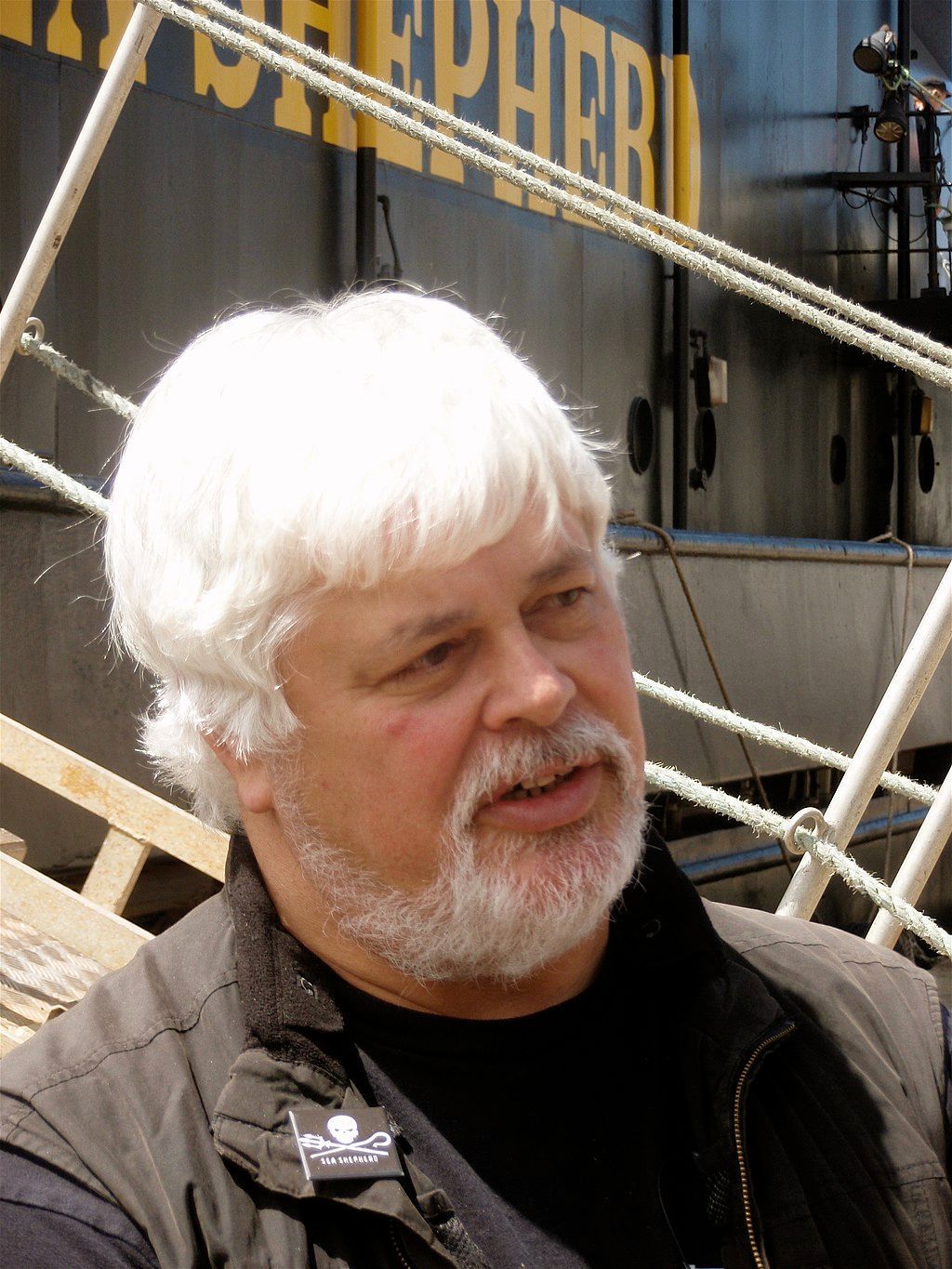
Portrait of Paul Watson, Captain of Sea Shepherd ship "Steve Irwin", giving a press conference upon arriving in Hobart, Tasmania for supplies during the 2009 whaling season.
Read also
PRESSEFREIHEIT
Julian Assange und die Pressefreiheit
Eine kleine Chronik
July 2024 (DE)
––––––––––––––––––––
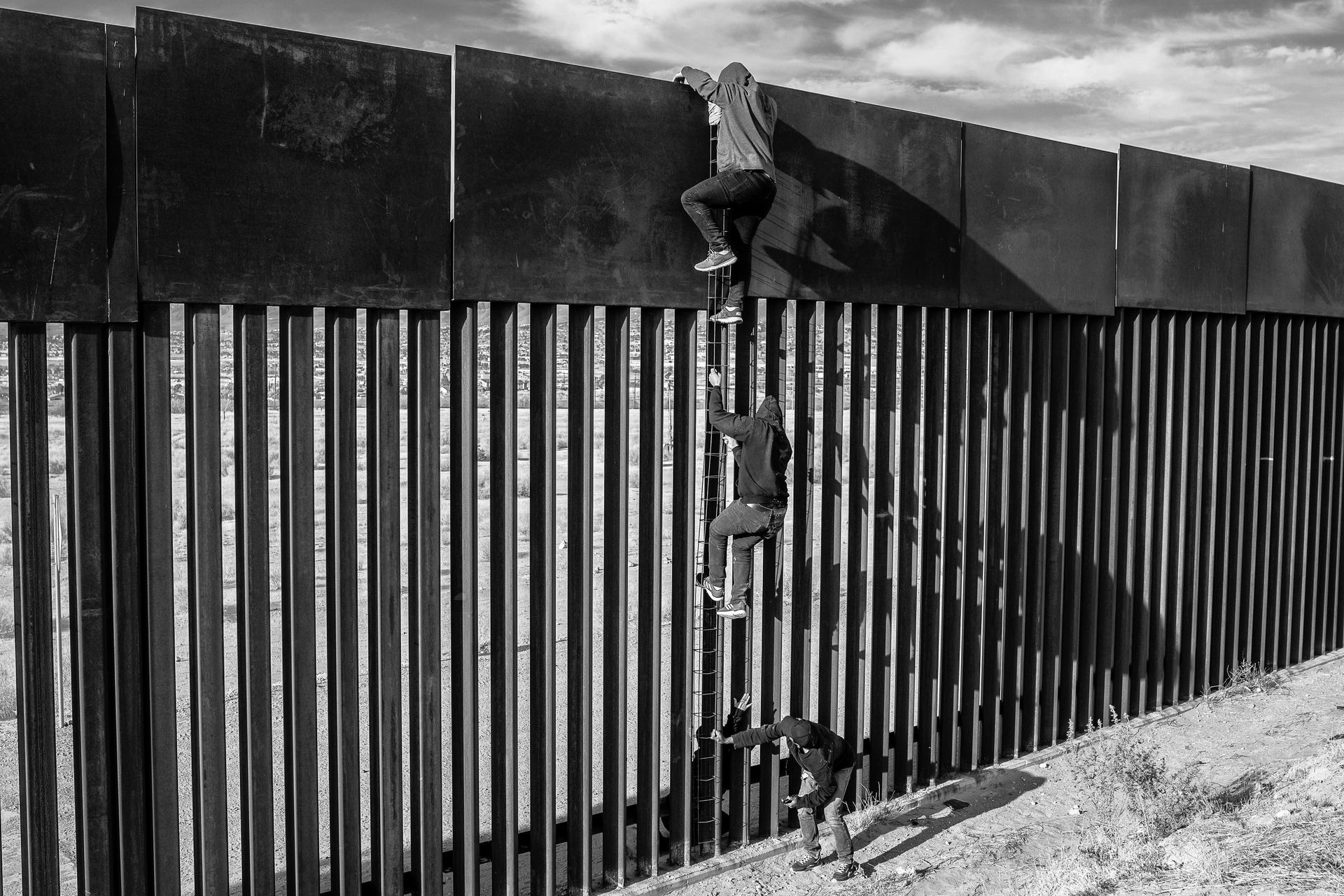
PHOTOGRAPHY
Without censorship: World Press Photo publishes the regional winners of the 2024 photo competition (EN)
––––––––––––––––––––

ART
Wood as a relic and contemporary witness of the war. The Gesamtkunstwerk "1914/1918 - Not then, not now, not ever!" is being shown again at the Kunsthalle Rostock
––––––––––––––––––––

HISTORY
Volker-Johannes Trieb: "The Peace of Westphalia was a peace agreement without accusations of guilt." (DE / EN)
––––––––––––––––––––

RESTITUTION
Dr. Clarence Epstein: “And here we are. The settlement is behind us and is a good conclusion.“ Read more on Alethea Talks.
––––––––––––––––––––
Advertisement
The latest news about the Magazines hometown Düsseldorf
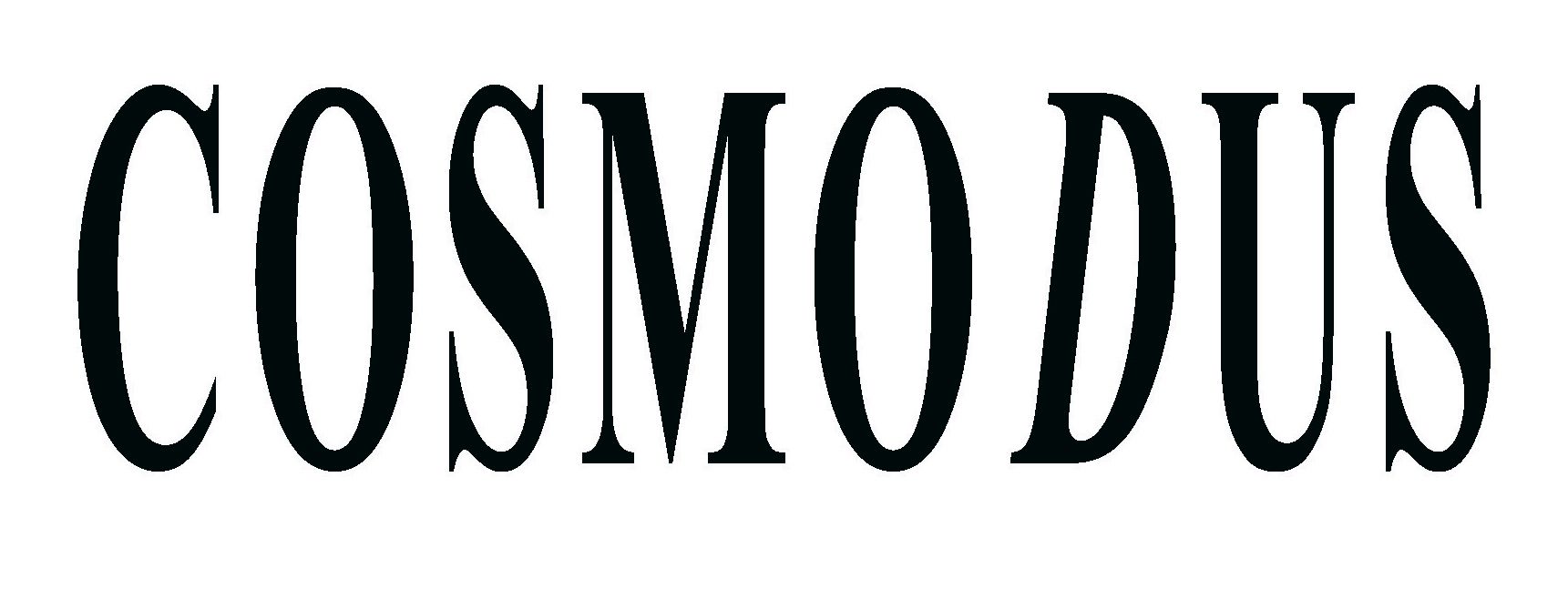
_
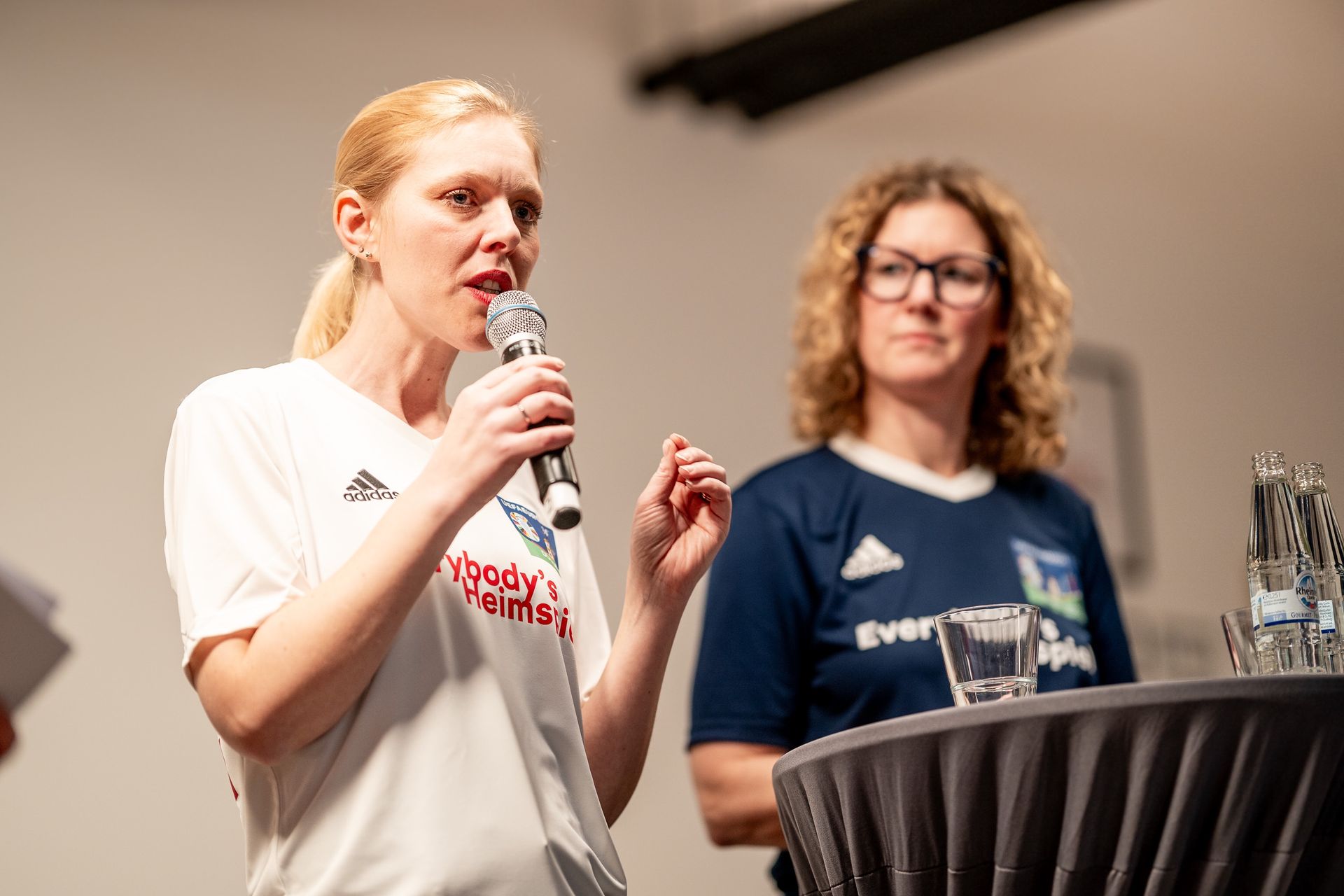
©IHK Düsseldorf/Felix Gemein
DÜSSELDORF
Bald heißt es "Everybody’s Heimspiel“ in Düsseldorf. Wird es auch für den Einzelhandel ein Sommermärchen? (DE)
YOU MIGHT BE INTERESTED?

"Anything To Say?" by Davide Dormino
©Lucas Tiefenthaler
Davide Dormino "Standing up where the masses sit down."
On 25 June, a few days after the UK High Court hearing, Wikileaks and Stella Assange announced that Julian Assange had left Belmarsh prison and was heading for the airport to return to his home country Australia. The artist group Artists for Assange, founded in 2015, has been working alongside many people for years towards the release of Julian Assange. We had the great opportunity to talk to one of these artists, the Roman sculptor Davide Dormino, who created the world-famous sculpture "Anything To Say?".
Above all, art has the potential to emotionalise people all over the world. "Anything To Say?" is a life-size 930 kilo bronze sculpture depicting Edward Snowden, Julian Assange and Chelsea Manning, each standing on a chair. The fourth chair is empty because it invites visitors to play an active role.
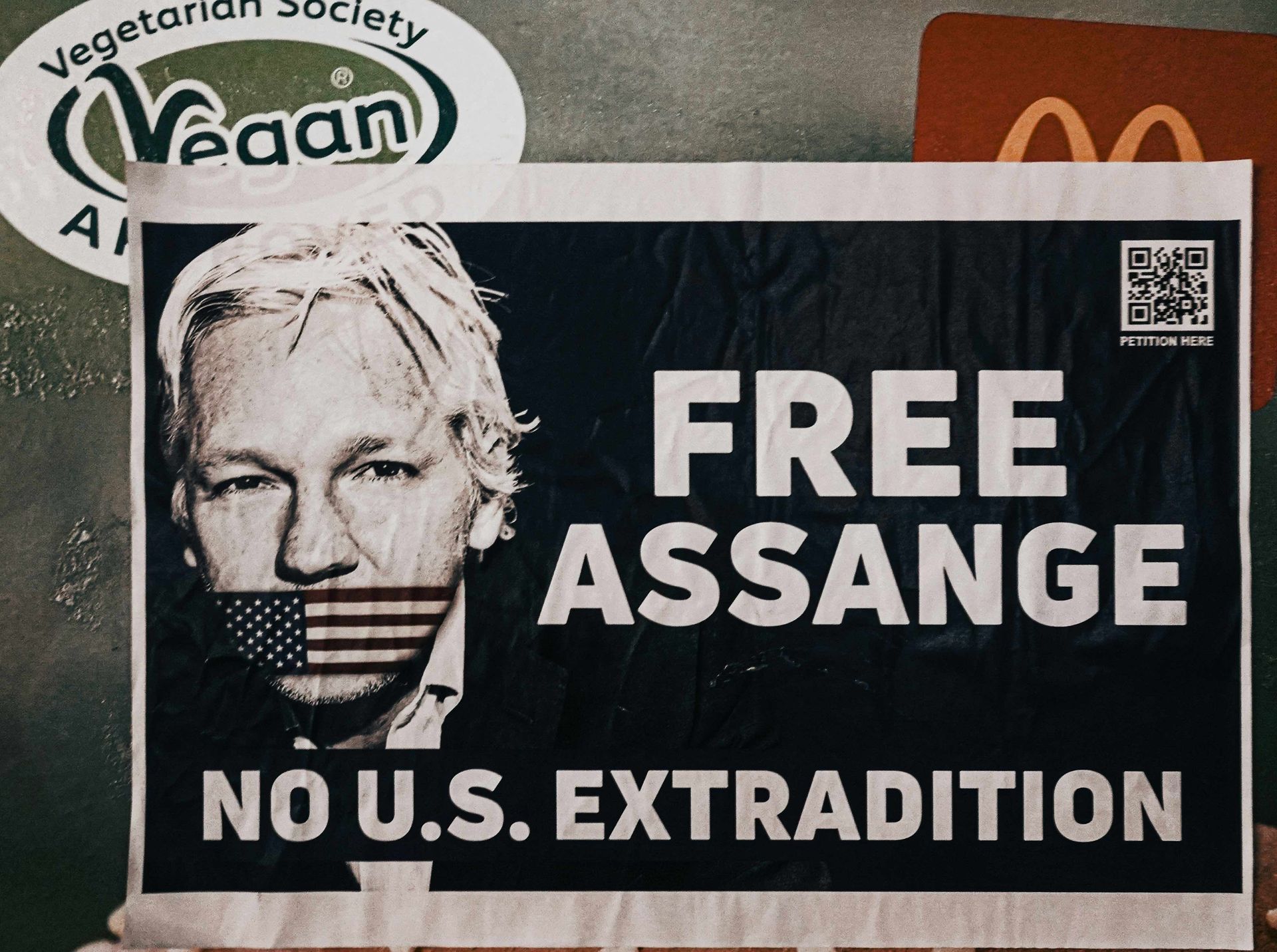
PRESSEFREIHEIT
Julian Assange und die Pressefreiheit
Eine kleine Chronik
Juli 2024: Die lange Haft von Julian Assange ist endlich beendet, aber die Gefahr, die Gründe seiner Verfolgung und die Rechte von Journalisten bleiben im Dunkeln.
Assange wurde unter dem US Espionage Act angeklagt wurde, und in seinem Fall hätte die Todesstrafe folgen können. Er wurde nicht vom Justizministerium unter Barack Obama angeklagt, weil dieses nicht unterscheiden wollte, ob das was Assange tat, gewöhnlicher Journalismus ist. Die Anklage US Espionage Ac wurde unter Präsident Donald Trump erlassen. Joe Biden kehrte nicht zu Obamas Position zurück. Im Kern ginge es darum, dass Assange beschuldigt wurde, nicht nur geheime Regierungsinformationen erhalten und verbreitet zu haben, sondern auch beim Knacken eines Passworts, dass den Zugang zu US-Regierungsakten ermöglichen würde, geholfen zu haben. Das weiche von der notwendigerweise akzeptierten journalistischen Praxis ab. Die Auswirkung des 23-seitigen „Schuldbekenntnisvereinbarung“, die Assange letztendlich unterschrieb, um seine Freiheit wiederzuerlangen, ist, dass es keine gerichtliche Entscheidung darüber geben wird, ob die Anwendung des Spionagegesetzes gegen die Medienfreiheit verstößt, die durch den ersten Zusatz der US-Verfassung geschützt ist. (DE)



PHOTOGRAPHY
Without censorship: World Press Photo publishes the regional winners of the 2024 photo competition (EN)

